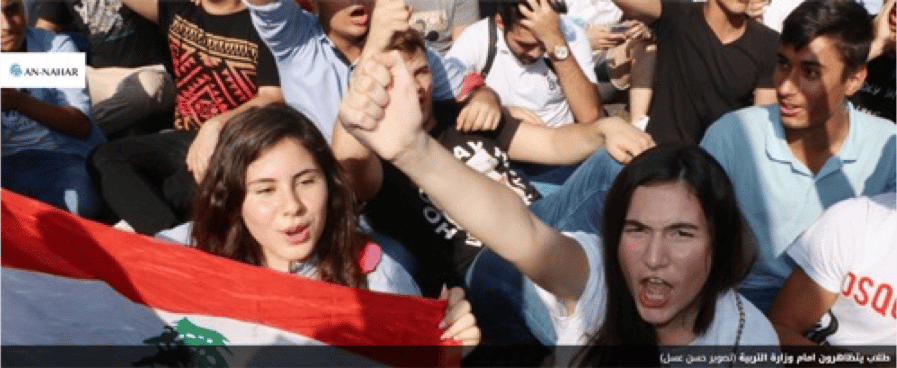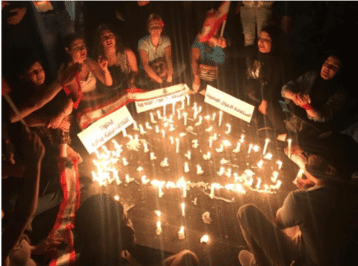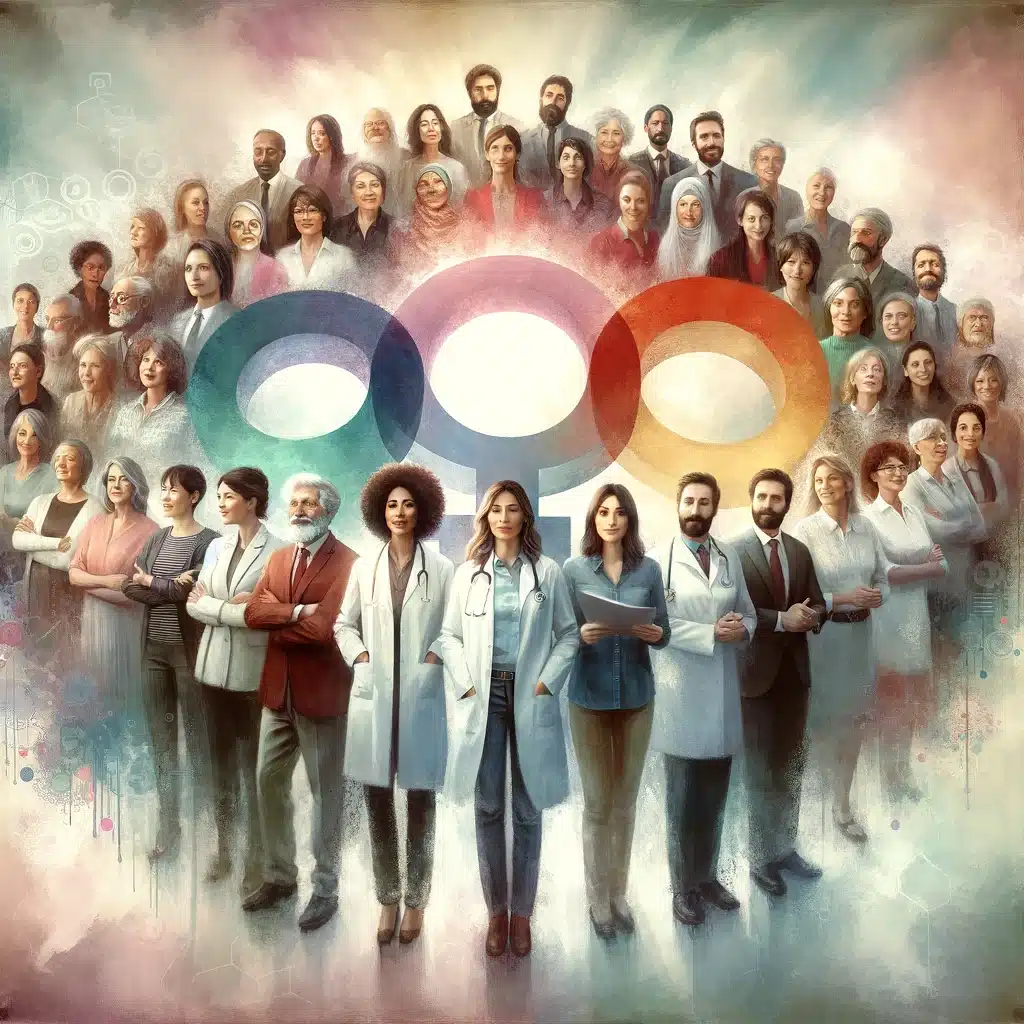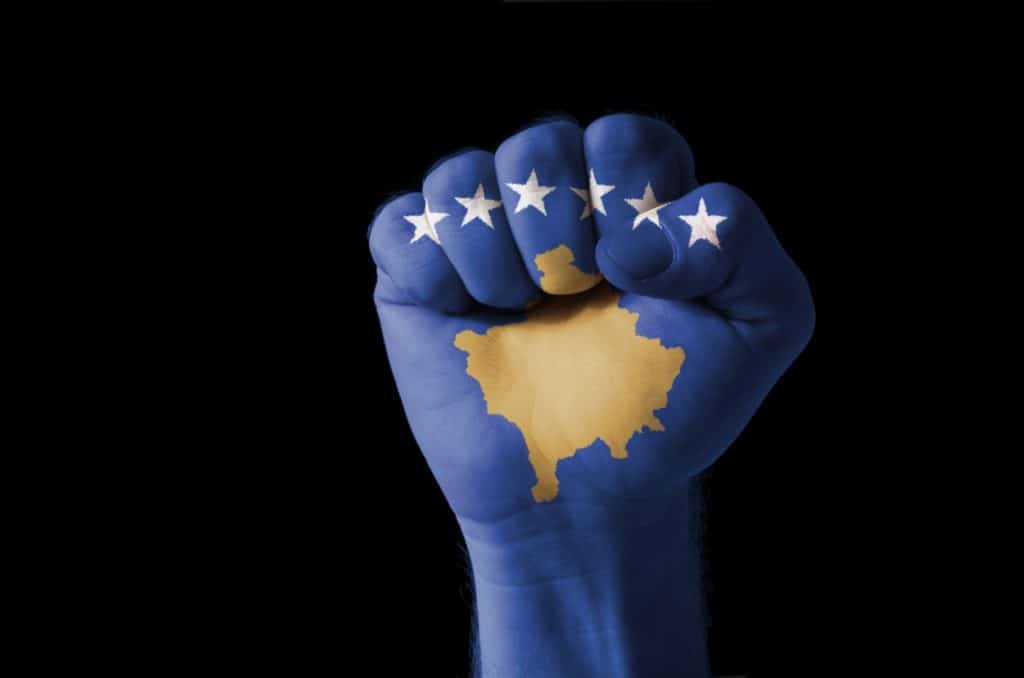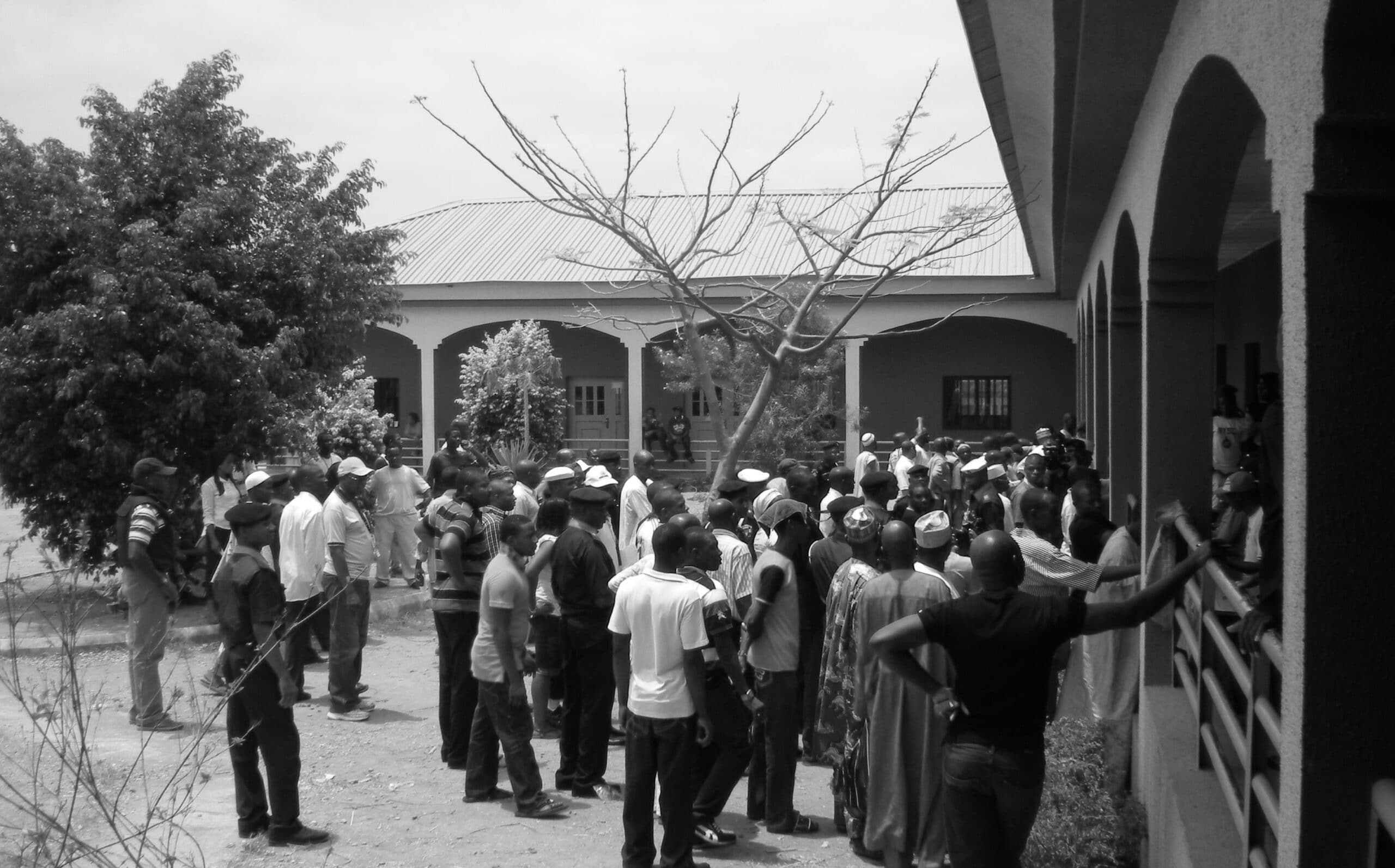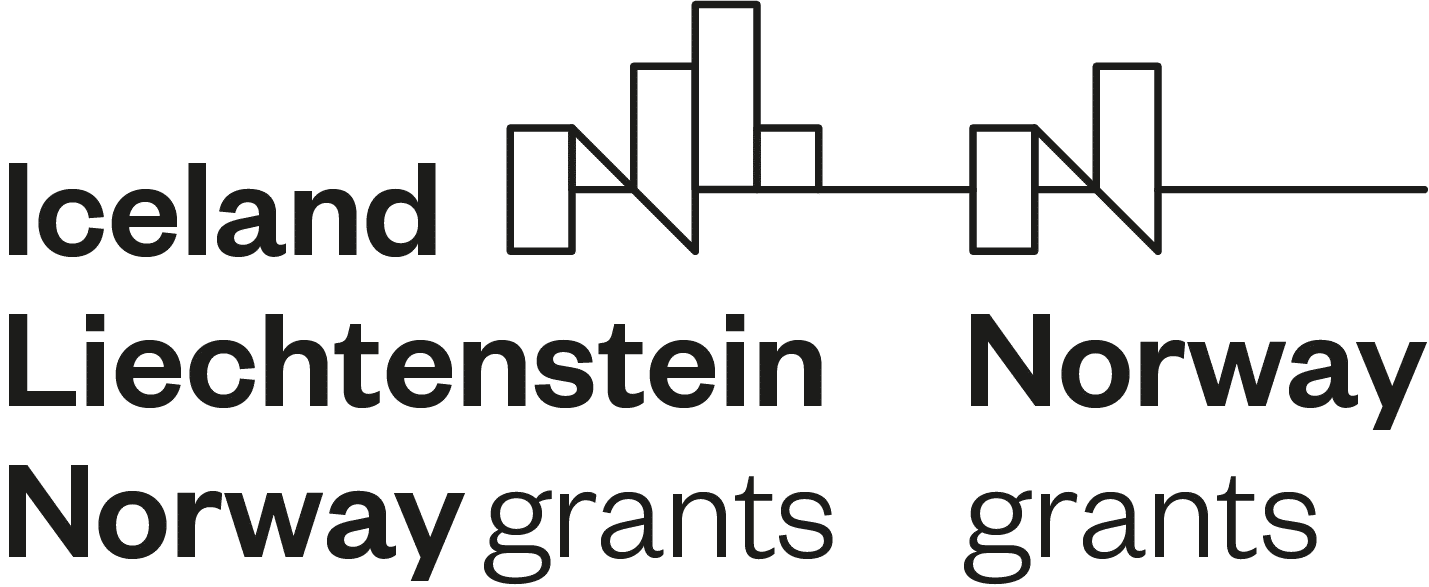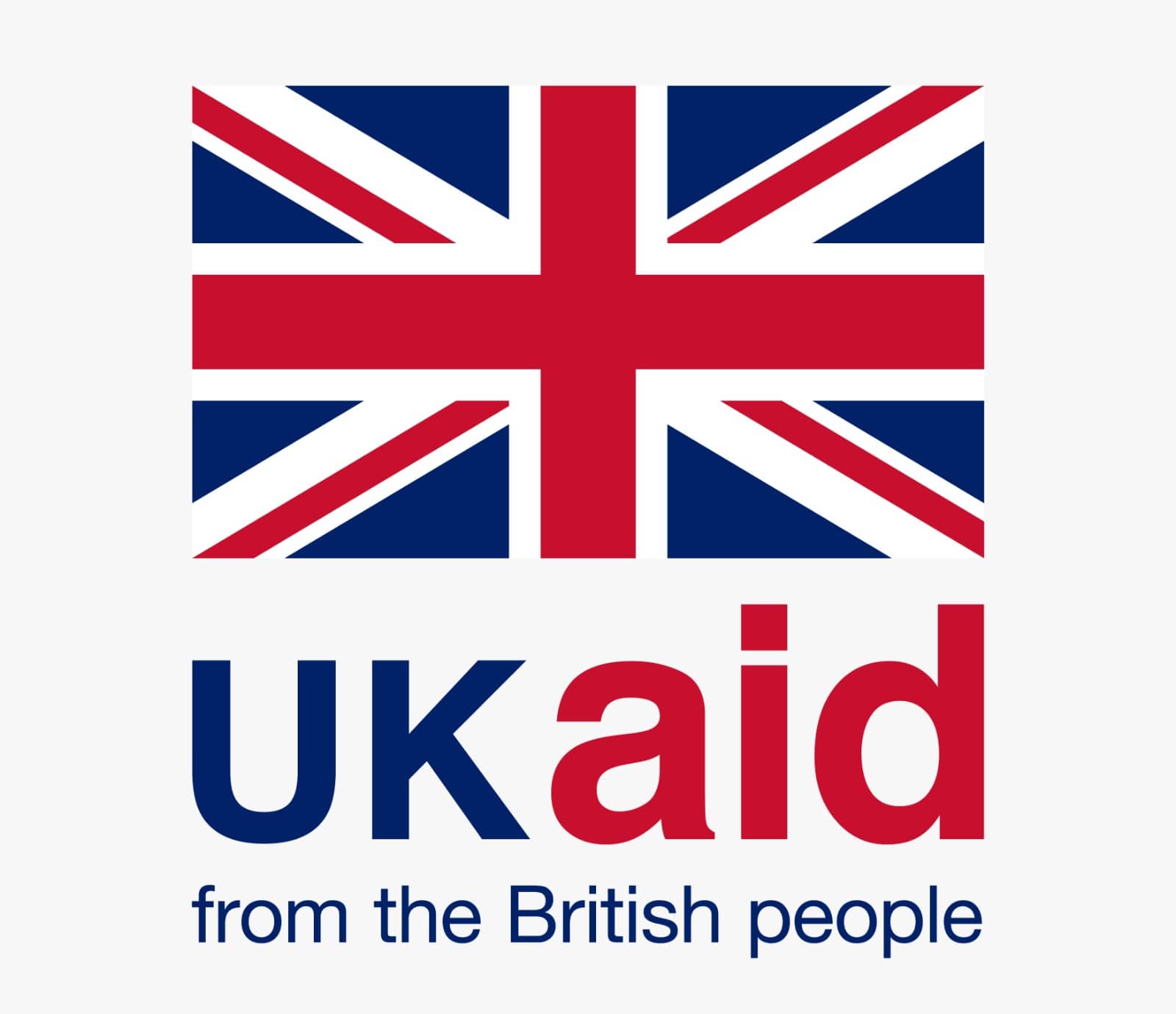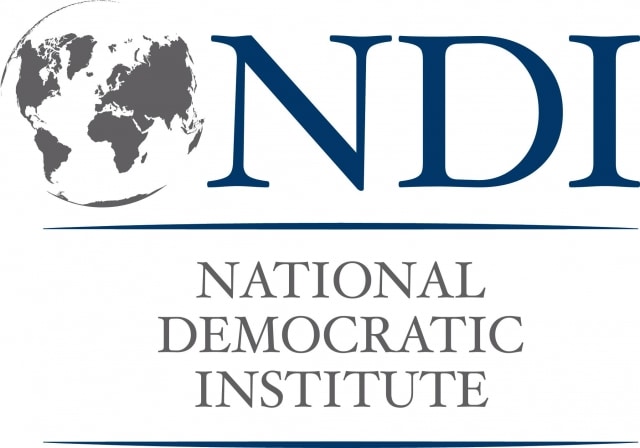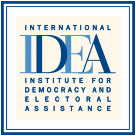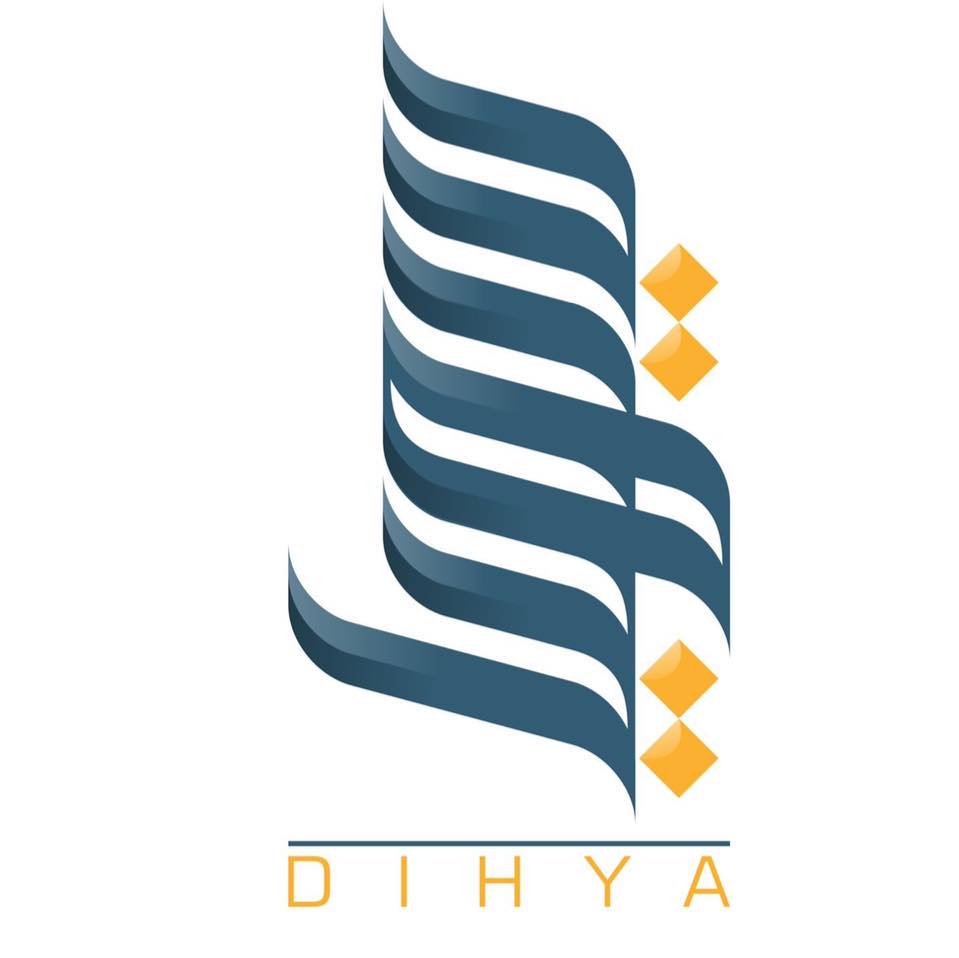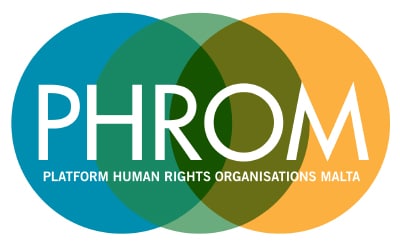Lebanon’s Revolution: A Personal Perspective
The hardest decision of my life
I saw him in the tear gas attack. All I wanted was to run towards him. But instead, I was running the other way, because it was just infeasible to go through thousands of protesters — it was physically impossible to survive the attempt. And yet, that was the hardest decision of my life.
My son was under attack, and I ran away.
That was on Friday, October 18 — just one day after we started our revolution.
But how did it start?
We tried (and are still trying) everything. We closed roads and opened squares. We set up tents and stayed on the streets. We played music and danced our famous Dabke. We created drawings and graffiti. We cried and laughed, distributed roses and lit candles. We formed convoys and protested. We protested outside parliament, in front of the government, and at the presidential palace.
Most of all, we regained public areas and created cultural, civic spaces — citizens discussing politics or debating policies and developing strategies to advance the uprising’s goals. Even university teachers met their students in parking lots when the universities closed; these lessons are worth a million classroom-based lectures.
On October 27, people formed a human chain from the south to the north of Lebanon — a 170km-long human chain, created by over 150000 people. Young and old from different regions and religions held hands in a sign of unity and solidarity. We also celebrated Independence Day, our way and thousands of people participated. On November 22, in Martyr’s Square, people gathered and presented the annual independence show. But this year, instead of army units marching, citizens assembled by groups: lawyers, teachers, doctors, engineers, kids, plumbers, feminists — more than 41 groups.
But beyond that, our young students were on the streets, they closed their universities and schools and led the protests, driven to claim their rights. Only then, I knew. Because of them, we will succeed.
Twelve days after the first protest, the government resigned. Seven weeks on, there is no serious move to find a solution. The President hasn’t even called for meetings with the parliamentary political party blocs. We are waiting for them to designate an honest independent prime minister nothing yet.
Meanwhile, 46 days after the Revolution started, a father ended his life, because his six-year-old daughter asked him for 1,000 LBP (less than one US dollar) and he did not have it. I can’t even explain the anger and the sadness I feel. I can only say that for him, and the over one million Lebanese living below the poverty line, this revolution will continue.
Several suicides occurred that week, triggering reactions around the country. Activists launched calls for help and support on WhatsApp, and social media begging people not to end their lives but to stay united to end the corruption. We are all gathering food, clothes and toys for Christmas.
This week it rained in Lebanon; heavy rain, but no storms or hurricanes and, yet, ministries, the airport, tunnels, streets and cars are submerged by the water. And people ask us why we’re protesting and revolting. Why do we want to change the political actors? Simple, because not only are they corrupt but they have broken our country.
So, what do the protesters want?
Since the first day, the demands have been precise. Protestors want the government to resign (achieved) and to be replaced by an appointed, smaller government of qualified independent experts, who can implement urgent reforms and prepare for early elections, leading to presidential elections. We want legislative reforms to retrieve stolen money and guarantee an independent judiciary.
Lebanon is facing an unprecedented financial crisis that affects everyone — citizens, institutions and politicians. People have nothing else to lose and, therefore, they will not compromise. While looking towards a painful 2020, we stay positive with the hope that we made this sacrifice once and for all. Those who have ruled for 40 years and destroyed the country will not be able to rebuild it. The new generation will do that!
Victoria El-Khoury Zwein is a Municipal Councilor in Sin El Fil, Lebanon. She is a political activist and a senior consultant at BCI.
